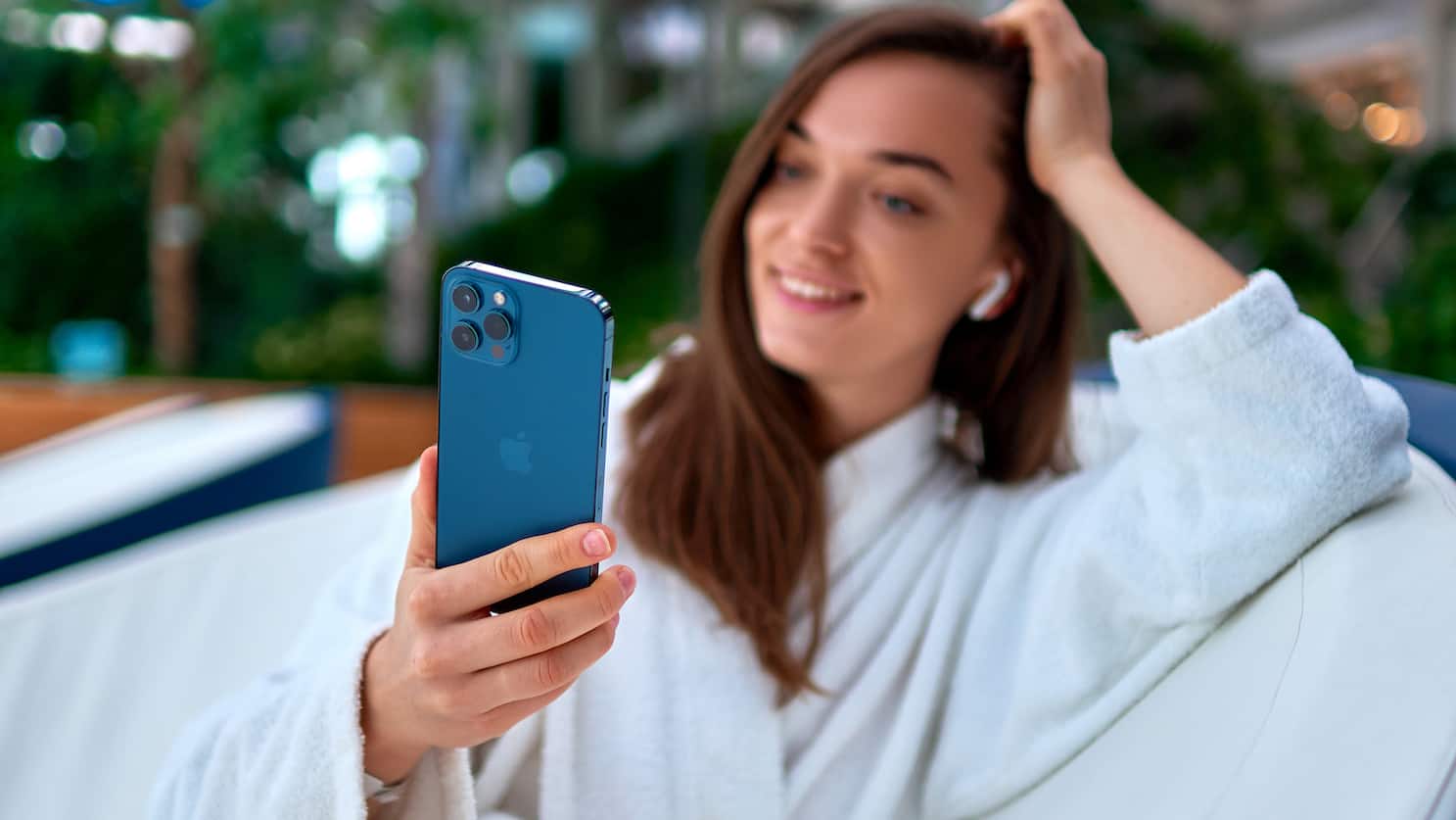Costhetics loves the digital age.
It’s wonderful to be able to search our smartphones for current news and information about cosmetic surgery, skincare, and emerging aesthetic trends while sitting in the office, on a park bench, or in a coffee shop. What we love less is the latest news about what all that phone use is doing to our skin. If you can’t go without your mobile phone for more than a few minutes, you can’t afford to miss this information.
Are YOU an Average Aussie?
If you answered yes to the question above, it means you are spending 40% of your waking hours using the internet, according to a 2021 report published by We Are Social. Statistics compiled by Reviews.org show “the average Aussie will spend almost 17 years of their life on the phone”.
You likely spend more time than the average cuddled up to your phone, depending on when you were born:
- Baby Boomers – 2.9 hours
- Gen X-ers – 6 hours
- Millennials – 6.7 hours
- Gen Z-ers – 7.3 hours
Your Skin Cells Are Under Siege
Millennials are believed to check their phones as many as 150 times per day. Unfortunately, with each log-in to Tik Tok, Instagram, or Tinder, they must use devices that Harper’s Bazaar calls “the silent agers of our generation”. The blue light of smartphone screens is High Energy Visible Light (HEV light), with negative attributes that make natural UVA and UVB sunlight seem like a walk in the park.
Researchers have found that exposure to light similar to that which is produced by your phone can cause damage to your cell’s DNA and mitochondria, as well as impair collagen production and diminish:
- Cell function
- Cell energy
- Cell growth
Why Blue Light is So Harmful
Blue screen light has been shown to trigger oxidative stress in skin which translates into prematurely wrinkled skin. Blue light is even more sinister than sunlight. It has the ability to penetrate the upper layers of skin where it degrades the dermis. Since elastin and collagen production take place in the dermis, blue light leads to:
- Visible lines
- Noticeable loss of firmness
The bad news about blue light doesn’t stop there. Researchers have found it may contribute to pigmentation problems, even more so than UV light. They also believe it can trigger melasma and other skin conditions.
Blue Light Affects Your Skin’s Sleep Cycle
It’s extremely common for people to take one last look … or two, or ten … at their mobile phone at bedtime. This exposure can disrupt your body’s production of melatonin, the hormone that helps you sleep. It can also:
- Diminish skin barrier function
- Increase signs of facial ageing including wrinkles and fine lines
- Disrupt natural circadian sleep rhythms making it hard to fall asleep
Blue light makes it hard for you to fall asleep and for your skin cells, too. Confused about whether it’s day or night, the cells natural night-time repair functions get out of whack causing everything from dry skin and wrinkles to dark circles under the eye.
#1 Protection Against Blue Light Skin Damage: Knowledge
When it comes to skincare, it’s important to know your enemy. For this reason, Costhetics recommends you ask an expert. A trained professional is uniquely qualified to guide you through the explosion of OTC and physician-prescribed products that are flooding the market.
A good skincare expert can keep you up-to-date on emerging treatments and turn you on to ingredients formulated to protect against blue meanies. They can also give your skin a good health check-up, monitor your skin for cancer, and help you enjoy radiant skin from head to toe. If you don’t know where to turn, Costhetics can help find a doctor near you.
